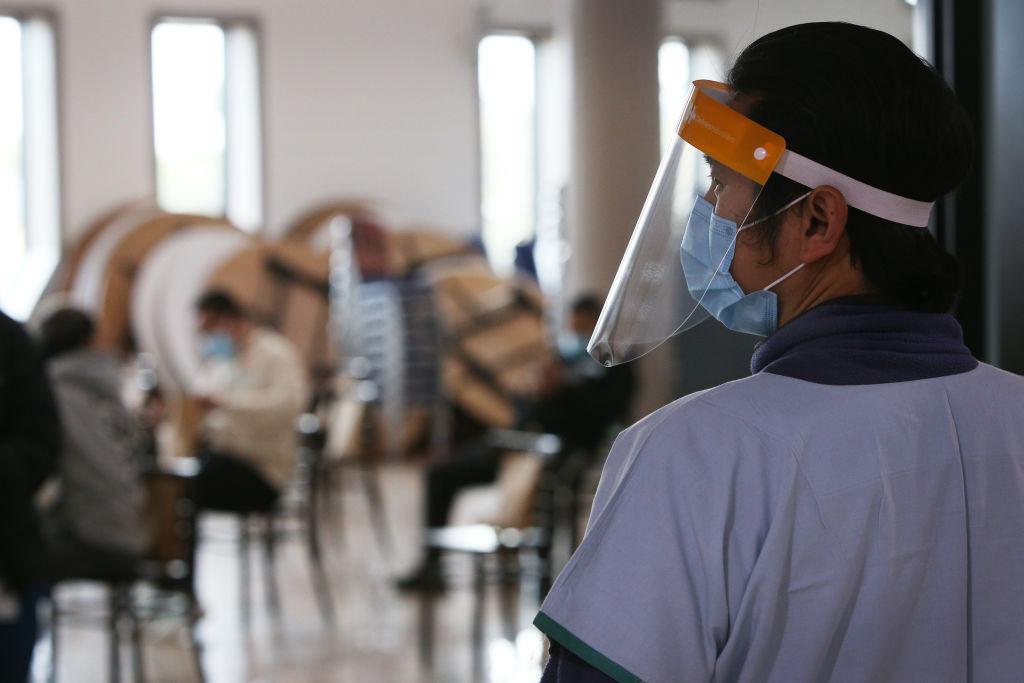Employee and business groups have welcomed the federal government’s announcement on Saturday to introduce a no fault COVID-19 indemnity scheme that will give financial compensation to people who experience serious adverse side-effects from the vaccine.
The scheme will give businesses the confidence to hand out vaccine mandates to employees by offering financial protection to all Australians receiving COVID-19 vaccines.





